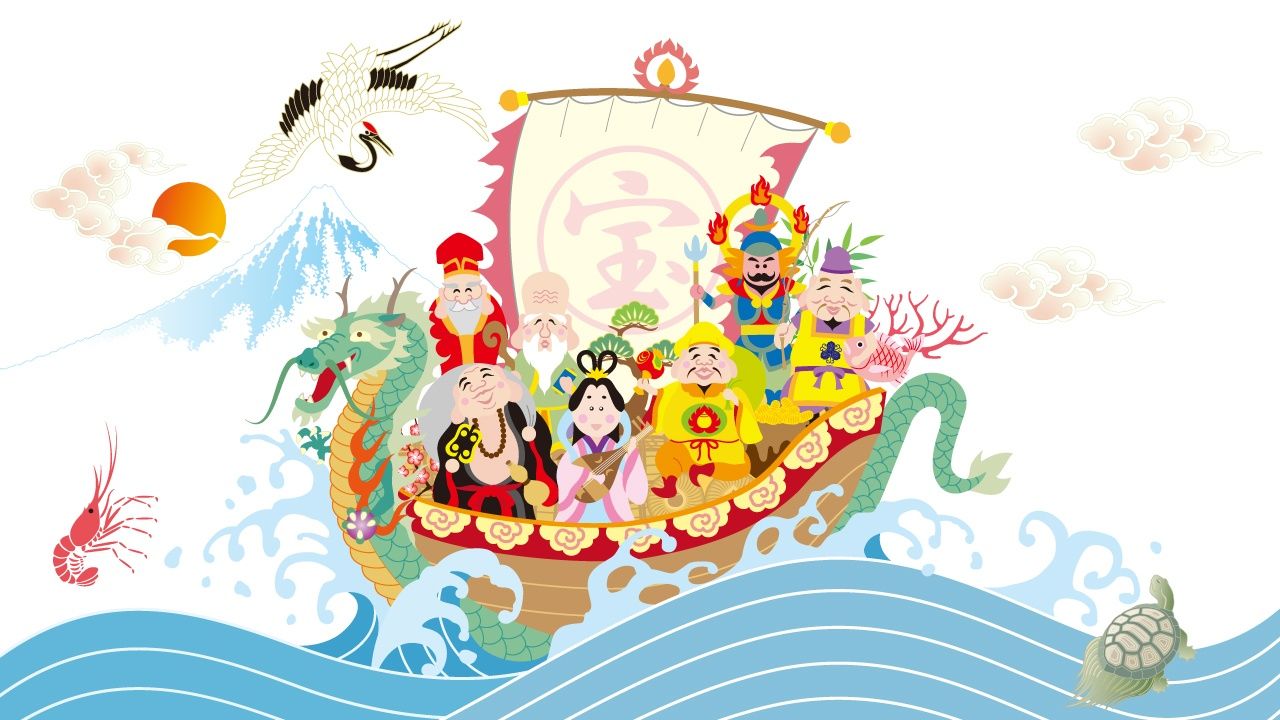
Japanese Names for Age Milestones from 60 to 100
Society- English
- 日本語
- 简体字
- 繁體字
- Français
- Español
- العربية
- Русский
Japan has long had special words for celebrating reaching age milestones at 60 and 70 years old. However, as life expectancy gets longer—87.1 for women and 81.1 for men in 2022—terms for important later ages are growing in popularity. Several of the names are based on playful associations between numbers and kanji.
還暦 (Kanreki, 60 years old)
Reaching the age of 60 in East Asia means passing through the complete 60-year cycle of 12 zodiacal animals or eto associated with the five elements wood, fire, earth, metal, and water. There was a tradition of wearing a red chanchanko—a kind of jacket often worn by babies, which is seen as keeping away evil spirits—to symbolize the return to the beginning of the cycle. However, this is not common today, and 60 is also no longer considered especially old, with many people still not even considering retiring.
古希 (Koki, 70 years old)
The phrase koki comes from a poem by the eighth-century Chinese poet Du Fu, stating that it is rare to reach 70 years of age. But as the population pyramid below shows, it is no longer unusual.
喜寿 (Kiju, 77 years old)
The kanji 喜 means “happiness,” but can also be written in the simpler, abbreviated form 㐂, which repeats the character 七, meaning “seven.” The association makes this a perfect choice for representing 77. The character 寿, which appears second in this and all subsequent names, means both “congratulations” and “longevity.”
傘寿 (Sanju, 80 years old)
The abbreviated kanji for 傘 is 仐, which looks like 八十 (hachijū), or the number 80 written in characters.
米寿 (Beiju, 88 years old)
Take apart the character 米, and it is possible to create 八十八 (hachijūhachi), which is 88 in kanji form.
卒寿 (Sotsuju, 90 years old)
The abbreviated kanji for 卒 is 卆, which looks like 九十 (kyūjū) or 90.
白寿 (Hakuju, 99 years old)
The kanji for 100 is 百, so take away one top stroke (which also represents the character 一, “one”)—to get 白, which, although it usually means “white,” here represents 99.
百寿 (Hyakuju, 100 years old)
This simply uses the character for 100. The alternative form 紀寿 (Kiju) uses the second character from 世紀 (seiki), meaning “century.”
(Translated from Japanese. Banner photo © Pixta.)

